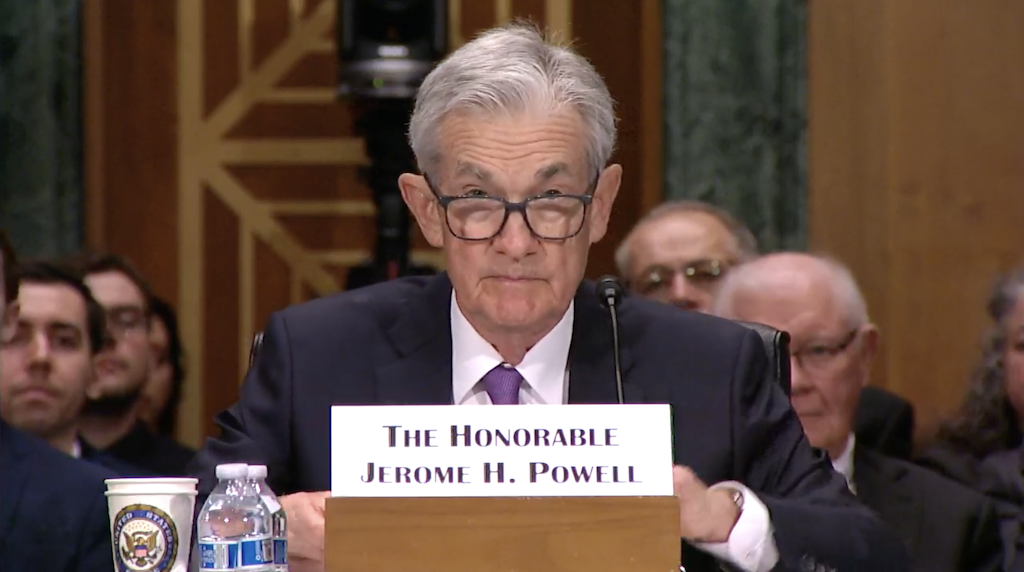
Federal Reserve Chair Powell Addresses Concerns Surrounding CBDC Development
In recent testimony before the Senate Banking Committee, Federal Reserve Chairman Jerome Powell sought to dispel concerns and provide clarity on the potential development of a central bank digital currency (CBDC) in the United States.
Powell emphasized that the Federal Reserve is “nowhere near” making any recommendations or advancements toward a digital dollar. He assured lawmakers that the Fed has no intention of establishing individual accounts for Americans directly with the Federal Reserve, emphasizing the importance of maintaining the role of private banks in the financial ecosystem.
The chairman’s remarks come amidst growing concerns, particularly from Republican politicians, regarding the privacy implications and government surveillance risks associated with CBDCs. Powell stressed that any potential CBDC implementation would involve existing banks as intermediaries, ensuring a continued separation between the Federal Reserve and retail users’ data.
Powell’s stance aligns with previous statements aimed at tempering expectations surrounding CBDCs and highlighting the need for thorough research and deliberation. He emphasized that any eventual rollout would require new Congressional authorization, underscoring the cautious approach the Federal Reserve is taking towards CBDC exploration.
The chairman’s remarks come amidst increasing scrutiny and pushback against CBDCs, particularly from conservative politicians who cite concerns about government surveillance and privacy violations. Powell’s testimony serves to reassure both policymakers and the public that the Federal Reserve is committed to protecting individuals’ financial privacy and maintaining the integrity of the banking system.
While over 100 countries are currently exploring CBDCs to varying degrees, Powell’s testimony reflects a stance of skepticism and careful consideration within the Federal Reserve. The chairman’s reassurances aim to calm fears and provide clarity on the Fed’s approach to CBDCs amid ongoing discussions and debates surrounding their potential implementation.
As discussions around CBDCs continue to evolve both domestically and globally, Powell’s testimony underscores the importance of informed decision-making and collaborative efforts between policymakers, regulators, and industry stakeholders. While the future of CBDCs in the United States remains uncertain, Powell’s remarks signal a deliberate and cautious approach by the Federal Reserve in navigating this rapidly evolving landscape.





